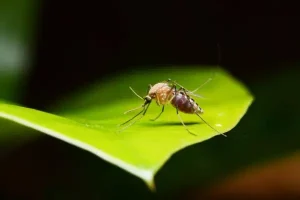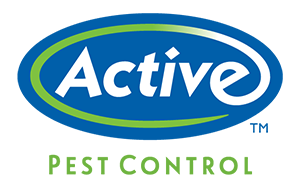What Do Mosquitoes Eat?
Did you know that mosquitoes don’t only feed on blood? In fact, blood isn’t even the main source of sustenance for mosquitoes—nectar is! In fact, female mosquitoes are the only ones that feed on blood in order to reproduce. What a mosquito eats depends entirely on its stage in life:
- When they are lavae, mosquitoes feed on algae, bacteria, and other organic material in the water within which they live.
- In the pupal stage, they are not required to eat whatsoever.
- Both male and female mosquitoes feed on nectar from flowering plants when they are adults.
- Female mosquitoes feed not just on human blood, but also blood from birds, small mammals, snakes, & more.

Do Mosquitoes Feed on Blood Only?
Despite being infamous for their bloodsucking habits, mosquitoes don’t feed only on blood! In fact, female mosquitoes feed on blood in order to reproduce, while male mosquitoes don’t feed on blood whatsoever! Mosquitoes require frequent sugar intake in order to survive. Just like other insects, both male and female insects feed on nectar, plant sap, and honeydew for nourishment.
Say Goodbye to Pest Problems for Good!
Male vs. Female Mosquito Diet
Only female mosquitoes bite and feed on people. But what about male mosquitoes? The two sexes have different diets in the following ways:
- In order to reproduce, female mosquitoes must have a blood meal. Afterward, they are able to breed and lay their eggs. Female mosquitoes also feed on nectar, which is a large part of their diet.
- Male mosquitoes do not feed on blood. Instead, they rely on sugar from plant nectar. They use their proboscis to retrieve the nectar from plants. Male mosquitoes thus are not responsible for transmitting diseases.
Will Mosquitoes Die If They Don’t Eat?
With their already short lifespan, mosquitoes cannot live for very long without feeding. If a female mosquito is unable to obtain a food source, it may die within days. When in a dormant stage during the winter, they can go for months without eating. During mosquito season, however, these pests will quickly die off when they are unable to feed or reproduce for a certain period of time.
What Do Mosquitoes Eat? in Georgia
Serving Your Pest Needs for Over 35 Years Across Georgia

